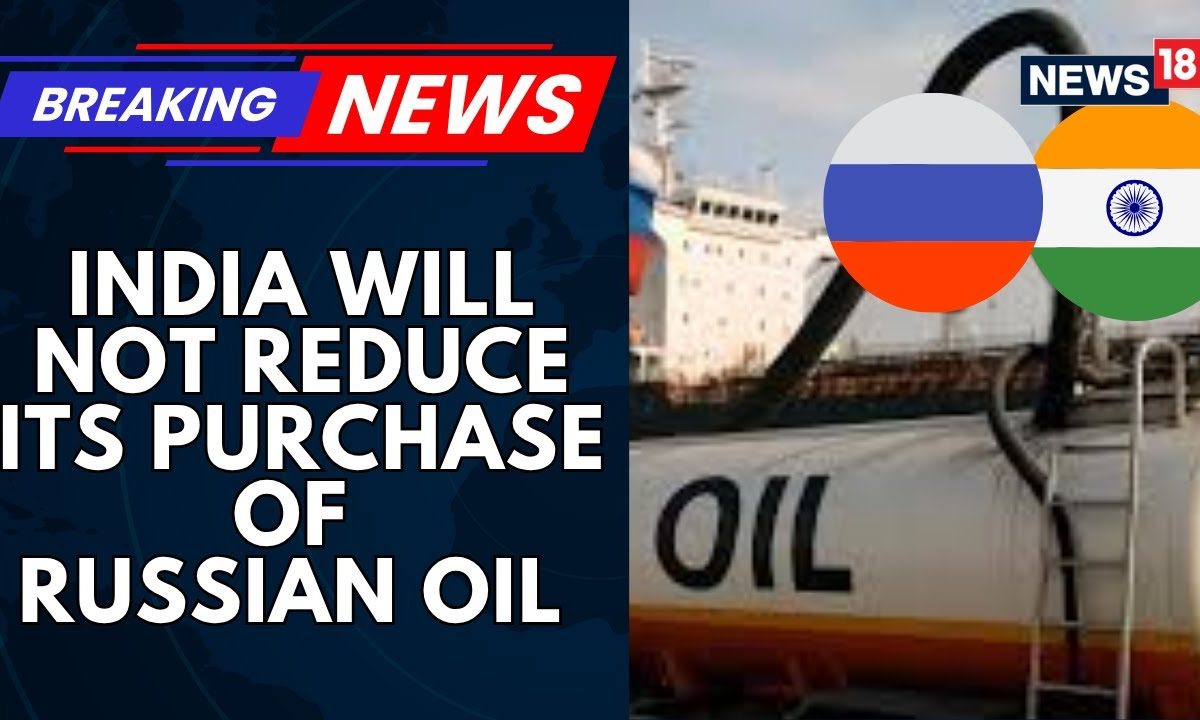

Despite facing increasing pressure from the United States, India appears resolute in its stance on importing Russian oil. This position is rooted in a combination of economic pragmatism, strategic autonomy, and long-standing diplomatic ties. While Washington voices concerns that these purchases are helping to fund Russia's war efforts in Ukraine, New Delhi maintains that its priority is to secure affordable energy for its citizens.
India's perspective is shaped by its status as a major oil consumer with limited domestic reserves. The country relies heavily on imports to meet its energy demands, making access to competitively priced crude a critical factor in its economic stability. Russian oil, often available at a discount due to Western sanctions, has become an attractive option for Indian refiners.
External Affairs Minister S Jaishankar has articulated India's position, emphasizing the nation's commitment to prioritizing its citizens' interests by procuring oil from the most competitive sources. He has also pointed out that European nations have continued to purchase oil from Russia while urging India to reduce its imports, highlighting the complexities and nuances of the global energy market.
However, recent developments suggest a nuanced shift in India's approach. While maintaining its overall strategic stance, some state-owned Indian oil refiners have reportedly paused Russian crude imports in recent weeks. This decision appears to be influenced by narrowing price discounts on Russian oil and the looming threat of potential tariffs from the U.S.. Former President Trump announced a 25% tariff on all imports from India, effective August 1, along with a yet-unspecified penalty for New Delhi's procurement of Russian crude oil and military equipment.
Marco Rubio, U.S. Secretary of State, acknowledged India's energy needs and its dependence on affordable sources. However, he also stated the White House's frustration with India's continued reliance on Russian oil, suggesting it undermines the efforts to pressure Russia.
Despite these pressures and some adjustments by state-owned refiners, privately owned refiners Reliance Industries and Nayara Energy continue to be the country's top importers of Russian oil. Russia currently accounts for roughly 35% of India's total oil imports, making it the country's top supplier. This indicates that while India may be calibrating its approach in response to market conditions and geopolitical pressure, it is unlikely to completely abandon Russian oil imports.
The situation remains fluid, with the potential for further shifts depending on evolving geopolitical dynamics, sanctions policies, and market conditions. India's decisions will likely continue to reflect its efforts to balance its energy security needs, strategic autonomy, and relationships with key global partners.